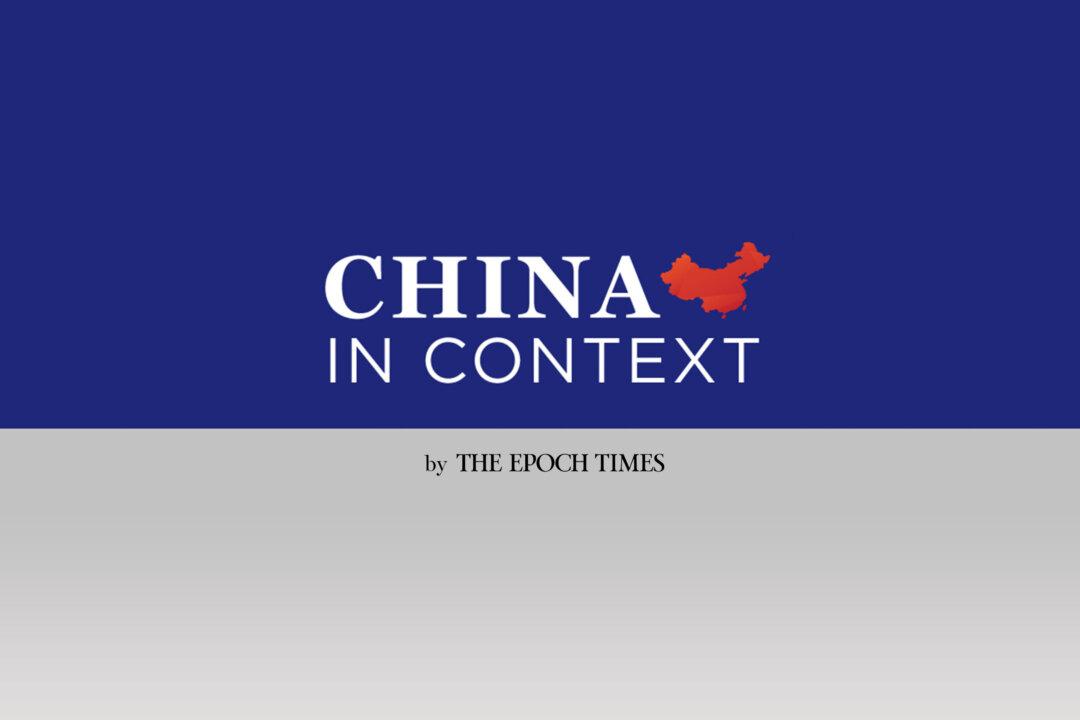Chairman Mao Zedong’s ruthless running of China might have come to a premature end if he had had a less capable right-hand man than Premier Zhou Enlai.
With Zhou around to help consolidate power, purge internal rivals, and play the suave diplomat, Mao stayed influential in the Chinese regime until his death in 1976, despite having overseen politically disastrous campaigns—including the Great Leap Forward, a mass collectivization program that killed tens of millions of Chinese, and the wrecking of China’s five-millennia-old traditions during the Cultural Revolution.
Like Mao, former Communist Party boss Jiang Zemin oversaw policies that, in the time to come, will almost certainly be condemned, such as fostering a culture of corruption and promoting kleptocracy among the Chinese officialdom and launching a brutal persecution campaign against the peaceful practitioners of Falun Gong. Jiang was fortunate to have found a most cunning consigliere in former Party vice-chairman Zeng Qinghong.
Zeng, 77, is Jiang’s longtime confidant, hatchetman, and spymaster. Jiang got to know Zeng in Shanghai, the Chinese metropolis that Jiang headed in the 1980s. Because Zeng was part of the Red aristocracy and had proven to be a very capable political enabler, Jiang decided he must keep Zeng close to him in Beijing when he was appointed as paramount leader by Deng Xiaoping. Jiang was chosen to succeed Zhao Ziyang, the liberal-leaning Party leader, in the aftermath of the Tiananmen Square massacre in 1989.





